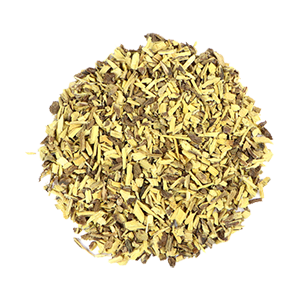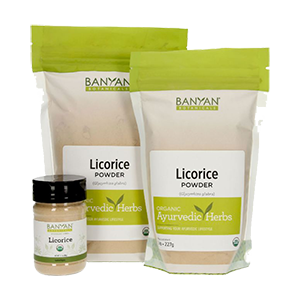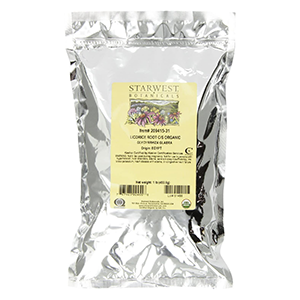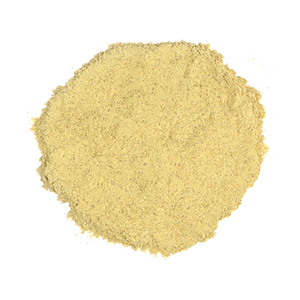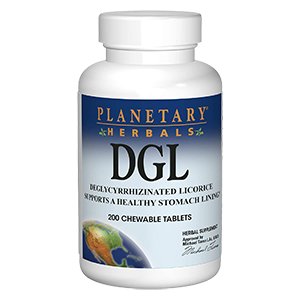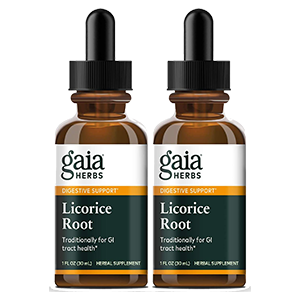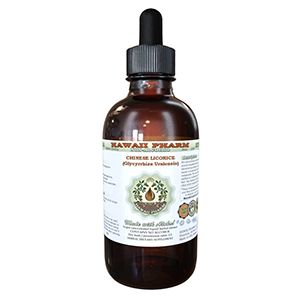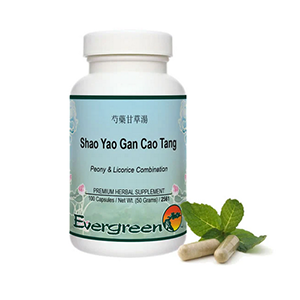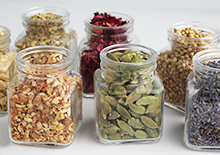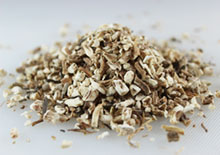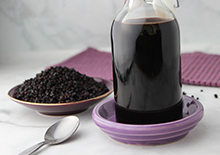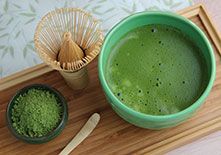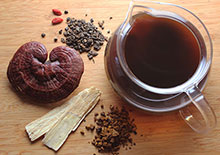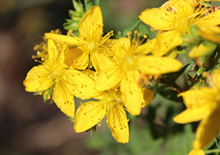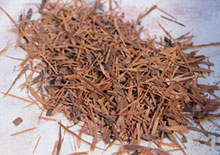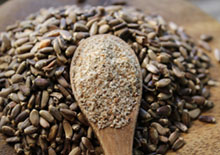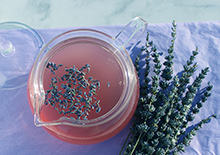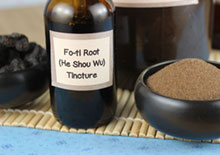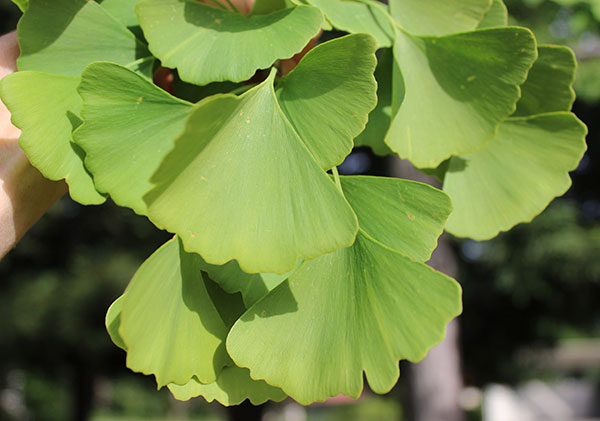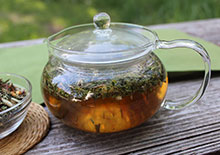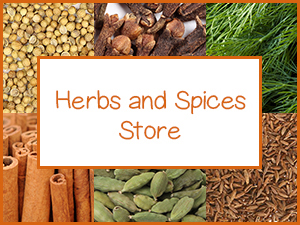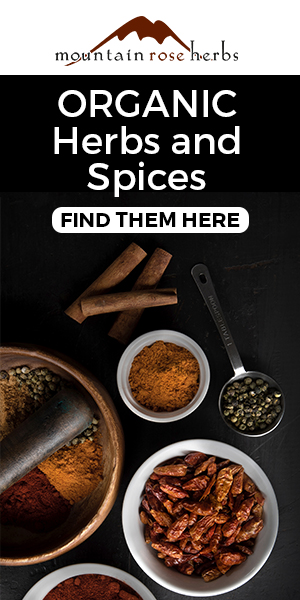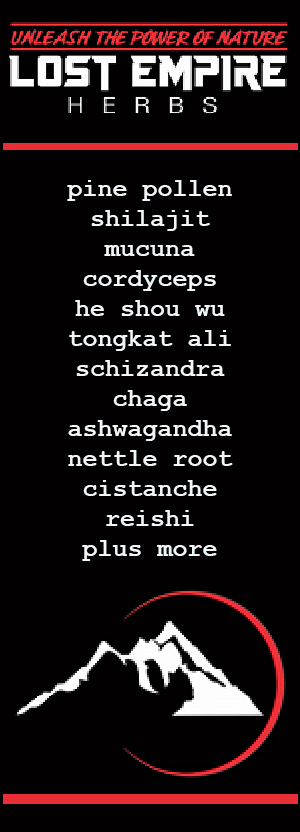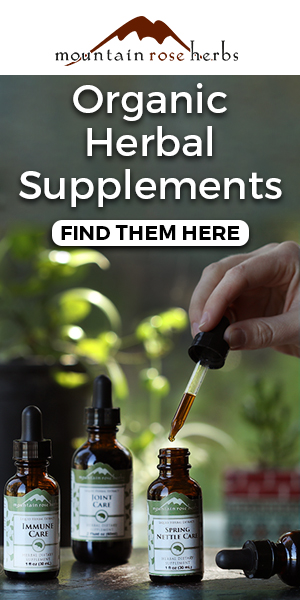- Home
- List of Herbs
- Licorice Root Extract
Licorice Root Extract Vs Licorice Root, Side Effects
Intro | What is Licorice Root Extract? | Glycyrrhizin Side-Effects | Licorice Root as an Herbal Substance | Precautions | Shop
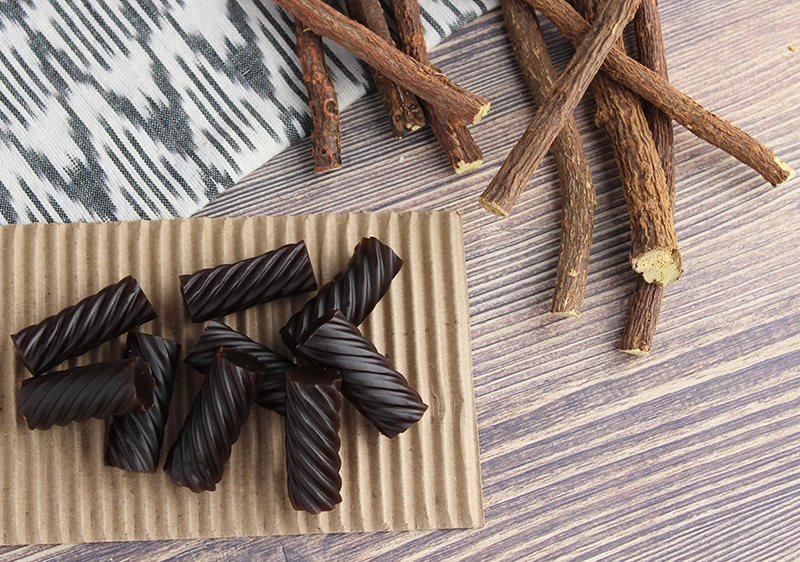
The terms "licorice root extract" or "licorice extract" are commonly referring to a commercially isolated compound derived from the root of the licorice plant (Glycyrrhiza glabra) known as glycyrrhizin.
Different from licorice extracts, licorice root as an herbal supplement in the form of tinctures, tablets or capsules are made from the whole root.
Glycyrrhizin, also called glycyrrhizic or glycyrrhetinic acid, is a triterpenoid saponin and the main sweet-tasting component found in licorice root. It is described to be about 30-50 times sweeter than sugar and is known to be one of the constituents responsible for many of its nutraceutical properties.
Table of Contents
Intro | What is Licorice Root Extract? | Glycyrrhizin Side-Effects | Licorice Root as an Herbal Substance | Precautions | Shop
Interestingly, saponins like glycyrrhizin are likewise viewed as the
primary health-promoting compounds in many herbal adaptogens such as
ginseng, gynostemma and astragalus.
Glycyrrhizin is absorbed as glycyrrhetinic acid in the intestines and its sweetness is a bit different than sugar as it is slowly digested and can also have a sweet aftertaste. (Source)
What is Licorice Root Extract?
To make commercial licorice extract, GLYCYRRHIZIN IS CONCENTRATED by boiling licorice root down to condense these sugars. It is purified by filtration and an acid and ethyl alcohol treatment producing an isolated glycyrrhizic acid molecule and two glucuronic acid molecules. It is sold as a dark yellowish-brown colored liquid, spray-dried powder or paste. (*)
These licorice root extracts are utilized in a wide variety of food and beverages as a flavor enhancer. They are also used industrially as a foaming agent, a feature that is common with saponins and also sometimes evident when pouring licorice tea, which can produce a soap-like foam.
Licorice extracts are most popular for use in candies and confections such as black licorice. Traditional black licorice candy utilizes a combination of ingredients such as licorice extract, molasses and anise oil to produce its characteristic liquorice-like flavor.
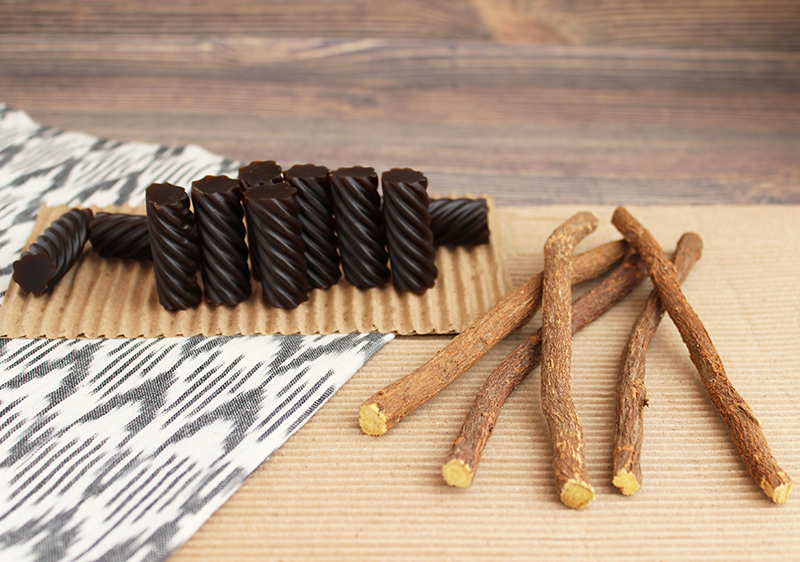
Glycyrrhizin Side-Effects and Black Licorice Candy Consumption
Although small quantities of glycyrrhizin can be beneficial to one's health, consuming high amounts is known to affect mineralocorticoid activity and throw off potassium/salt ratios by decreasing potassium levels. This side-effect can potentially trigger high blood pressure, abnormal heart rhythms, nervousness, edema and fatigue.
While it is possible for licorice root as an herbal substance and tea to have this effect on some individuals, commercial licorice root extracts as a food or beverage additive are especially concentrated sources of glycyrrhizin and are more easily consumed in excess.
This is important for high-risk individuals who over-consume black licorice candy which can decrease potassium levels and cause life-threatening health issues.
For example, consuming 50g or more of black licorice candy containing licorice extract for a two-week period was identified to have adverse reactions. It is advised to not over-consume black licorice candy for those with cardiovascular issues. (*)
Licorice Root as an Herbal Substance
In past research,
it was found in one instance that daily consumption of liquorice root
tea containing up to 190 mg of glycyrrhizin for an extended period of
time can cause hypertension. However, it was approximated that most
liquorice root tea brands can be expected to contain much less at an
average of 31.5 mg of glycyrrhizin per cup or 250 mL.
For individuals with hypertension or related conditions who wish to use licorice root, deglycyrrhizinated licorice (or DGL) is available as an herbal supplement alternative, which has the glycyrrhizin component removed.
Otherwise, small amounts of licorice root in its natural form are not contraindicated for healthy adults and its benefits can be an especially useful herb to have in your herb pantry.
Precautions:
Licorice root should be avoided if pregnant, nursing, or if you have hypertension. Always consult your healthcare professional before using licorice herb or supplements if you have a medical condition or are taking any prescribed or over-the-counter medications.
Shop Related Products (About Affiliates & Amazon Associate Paid Links)
Affiliate Disclaimer: This section contains affiliate product links. If you make a purchase through our recommended links, we receive a small commission at no additional cost to you. Thanks for the support.

